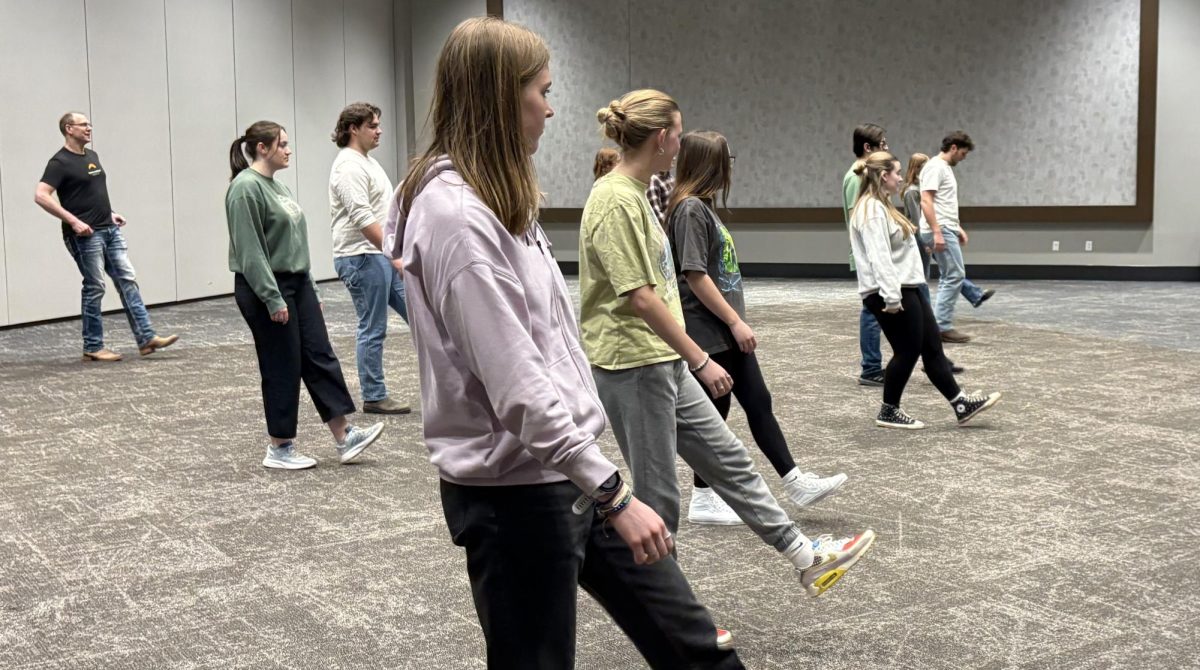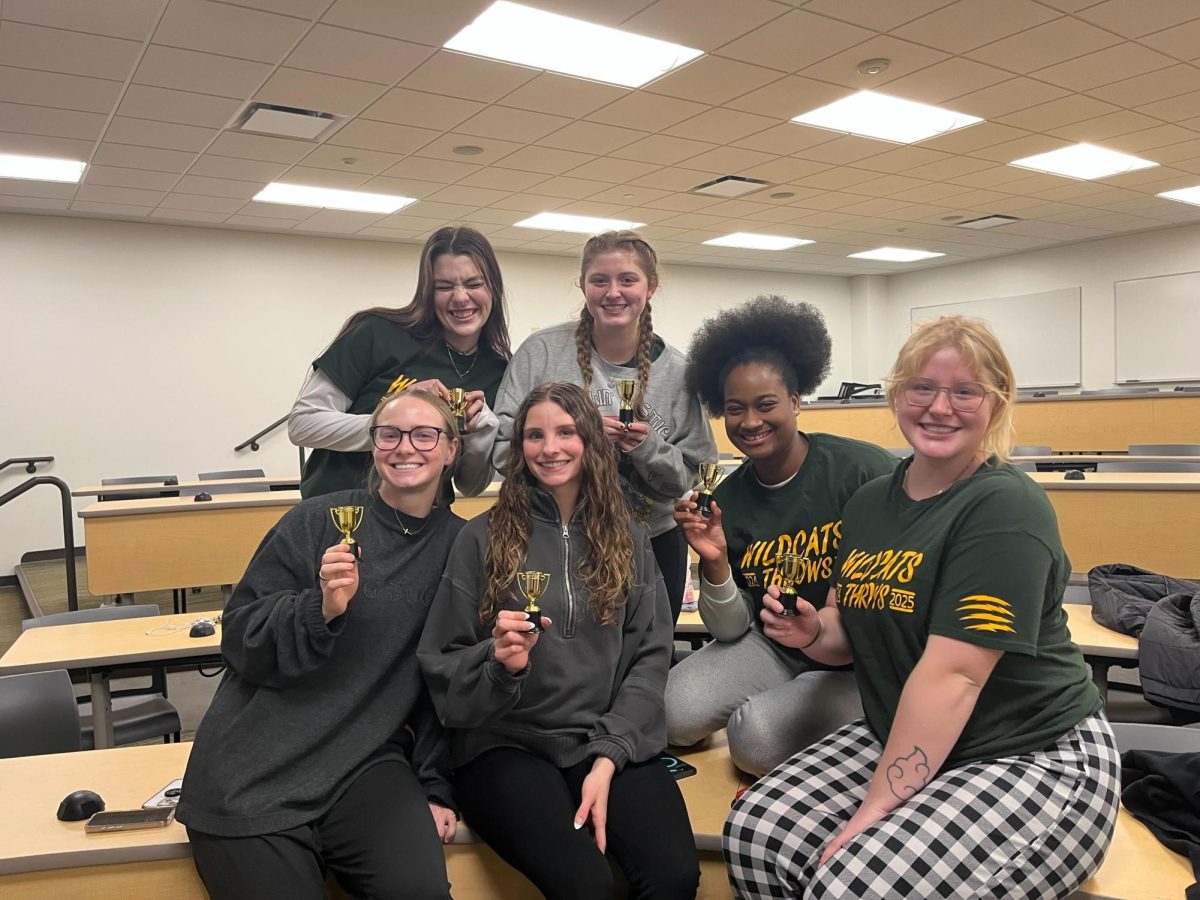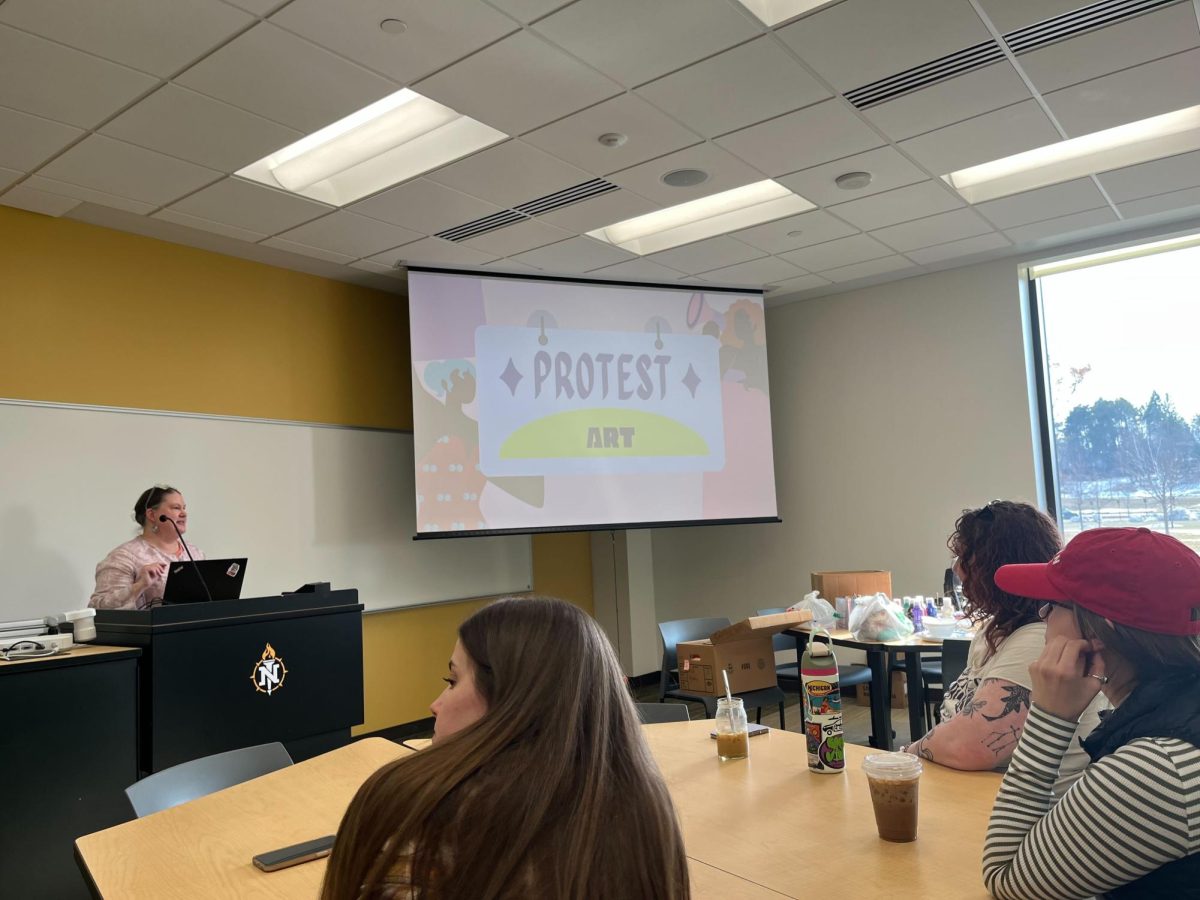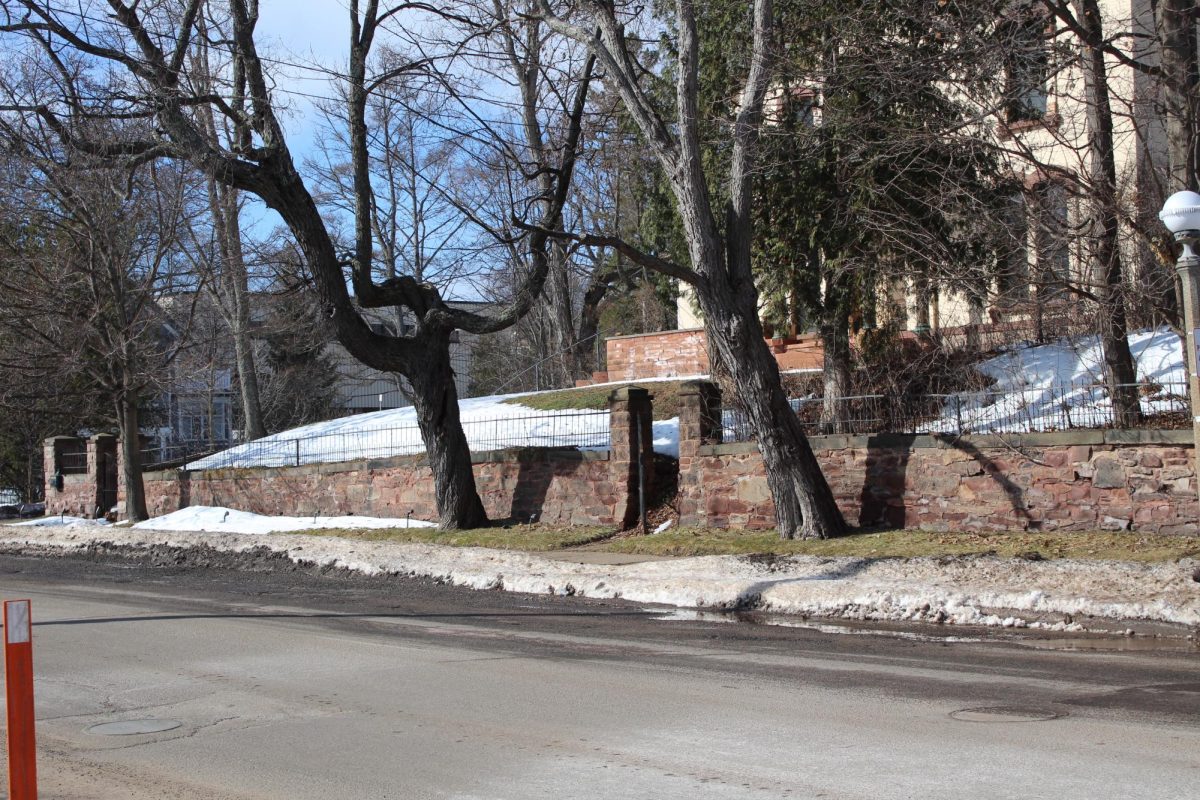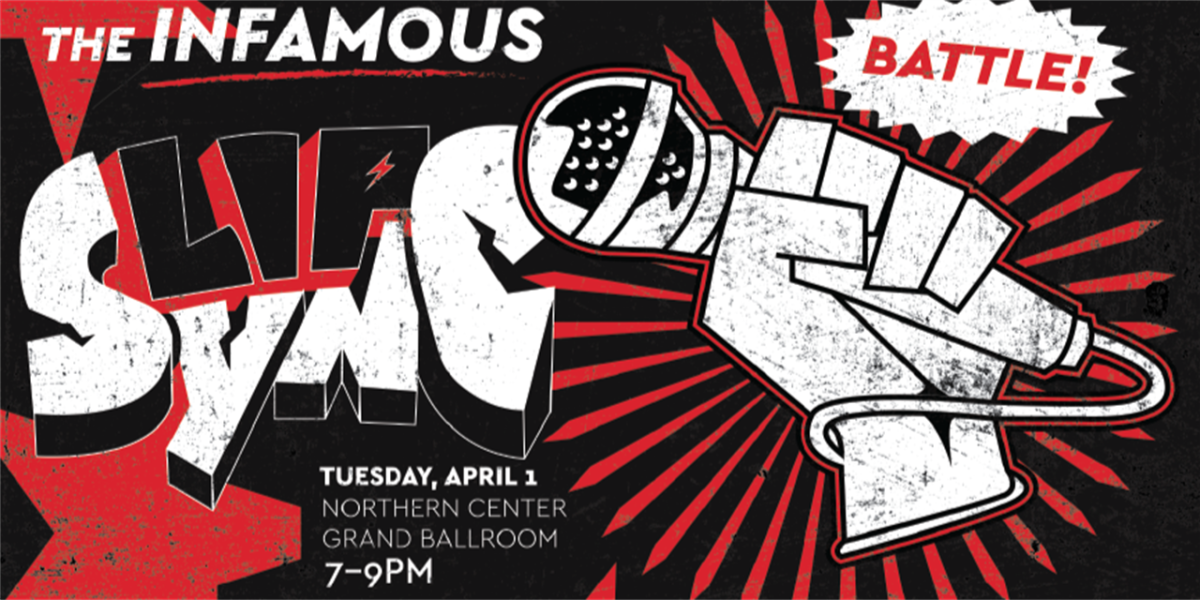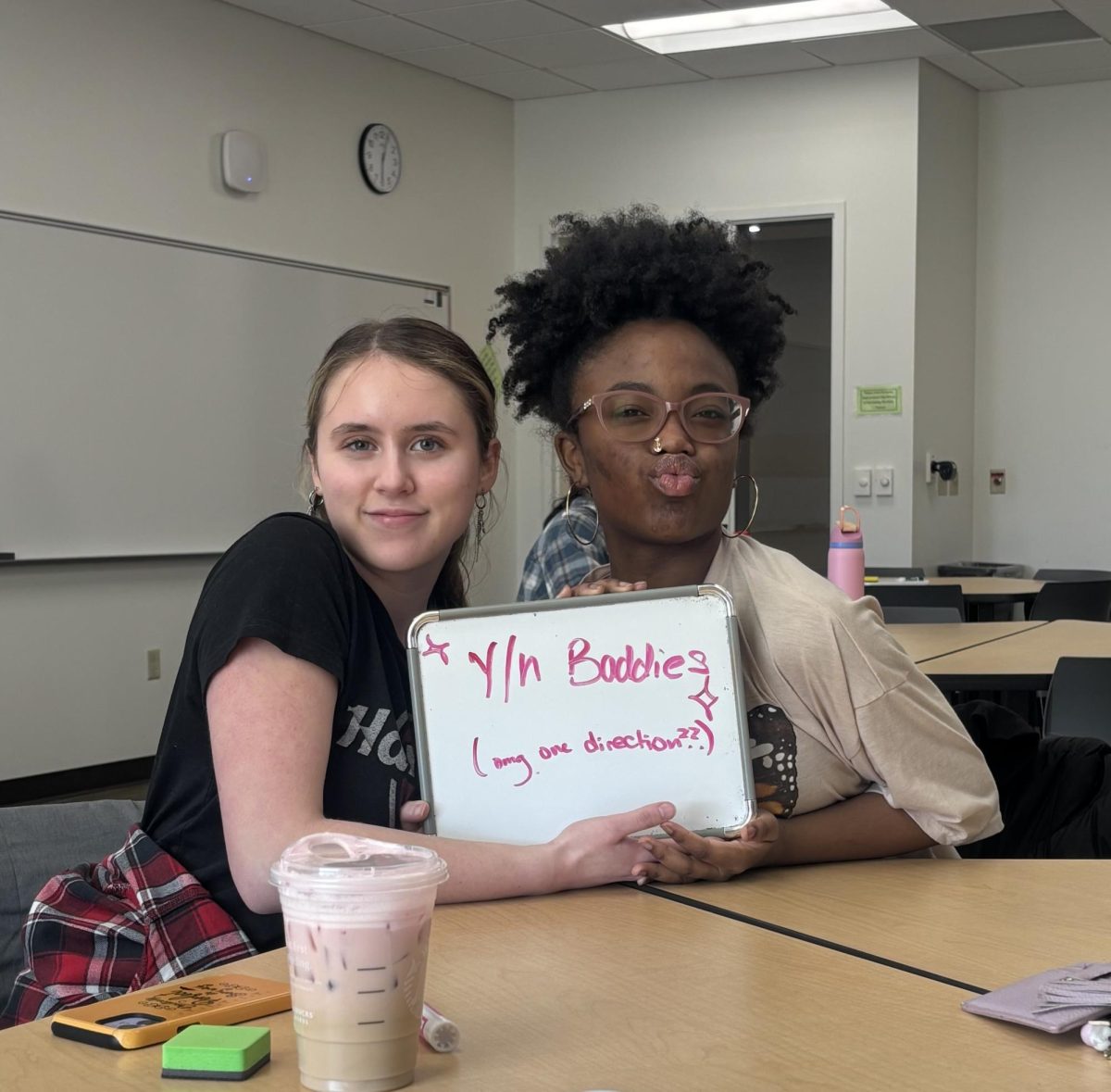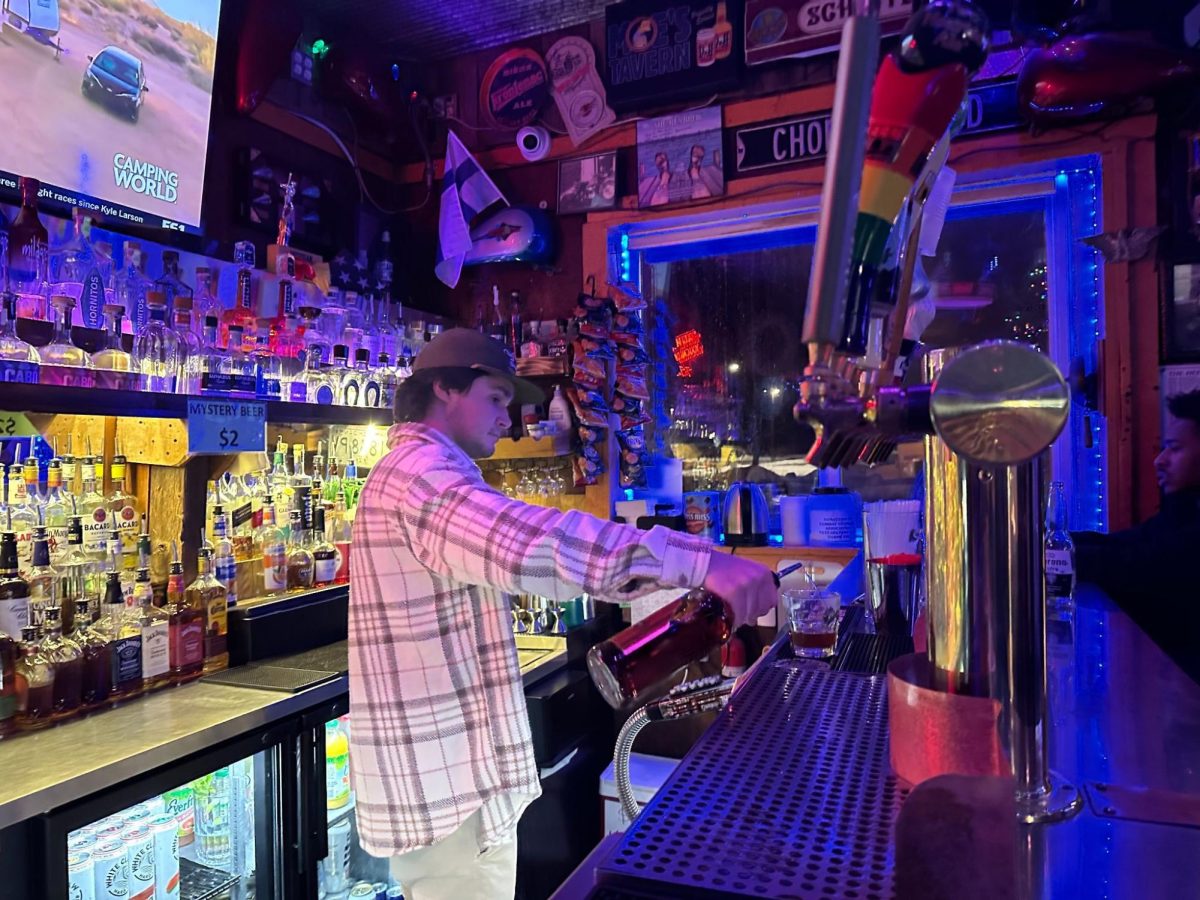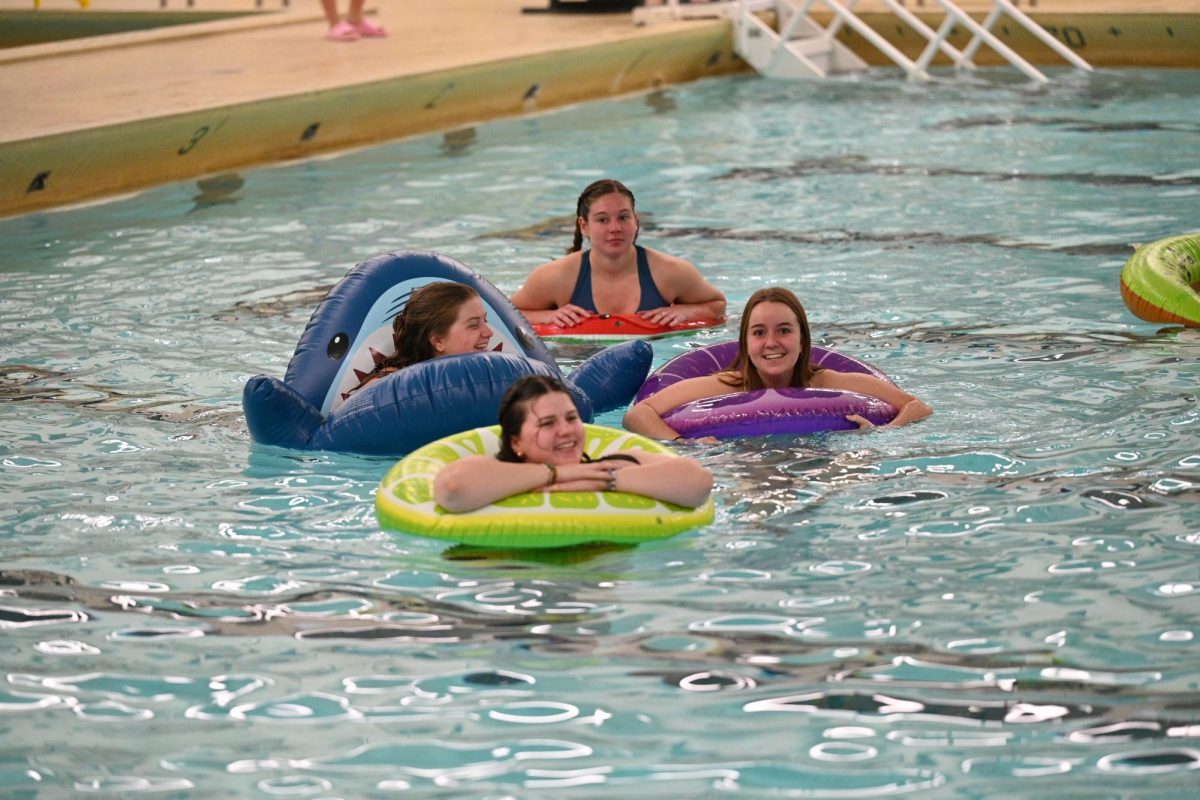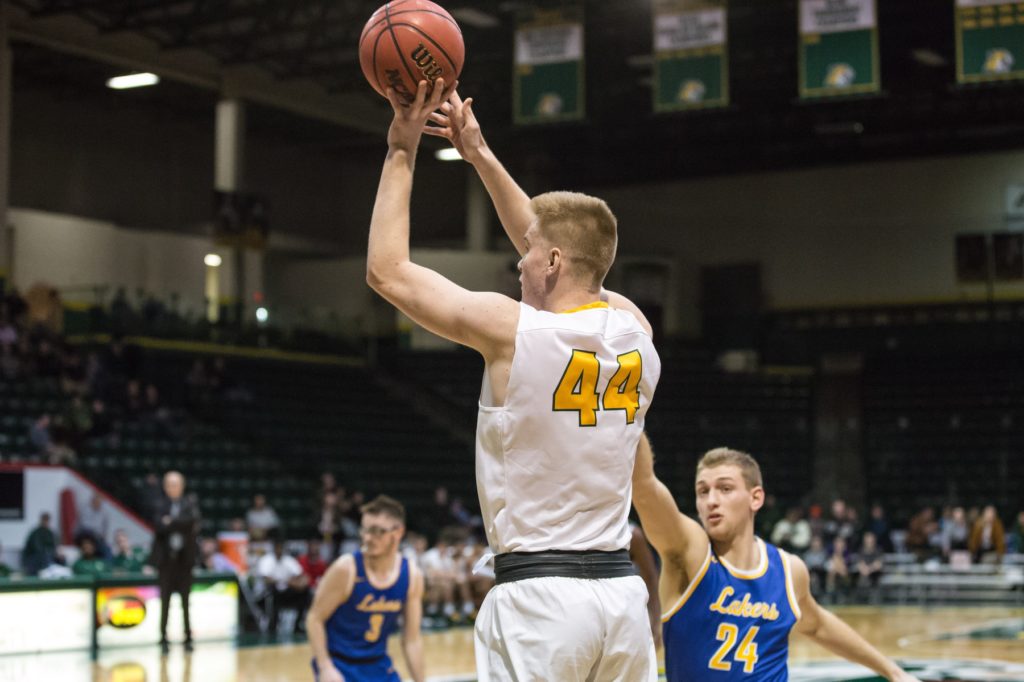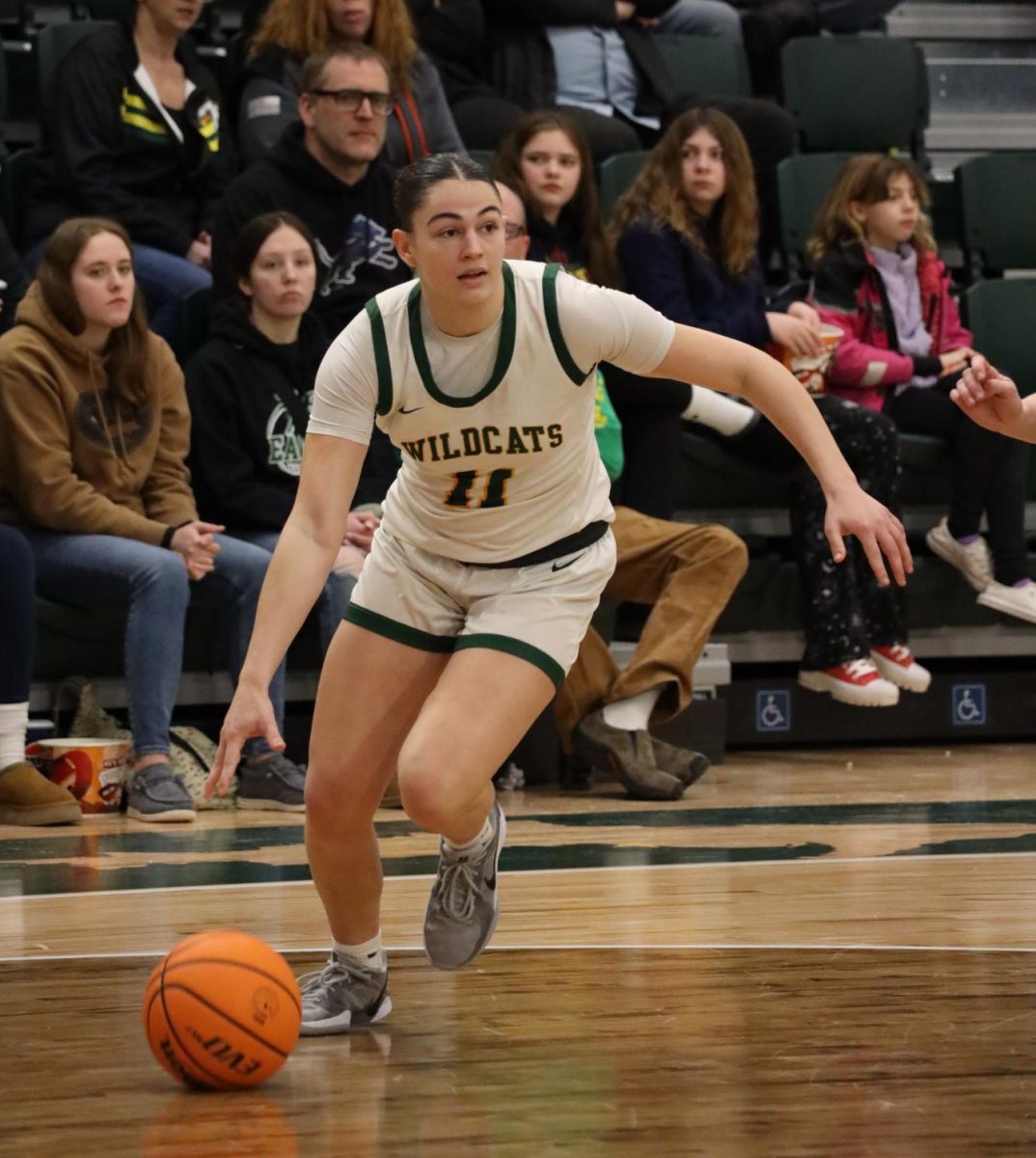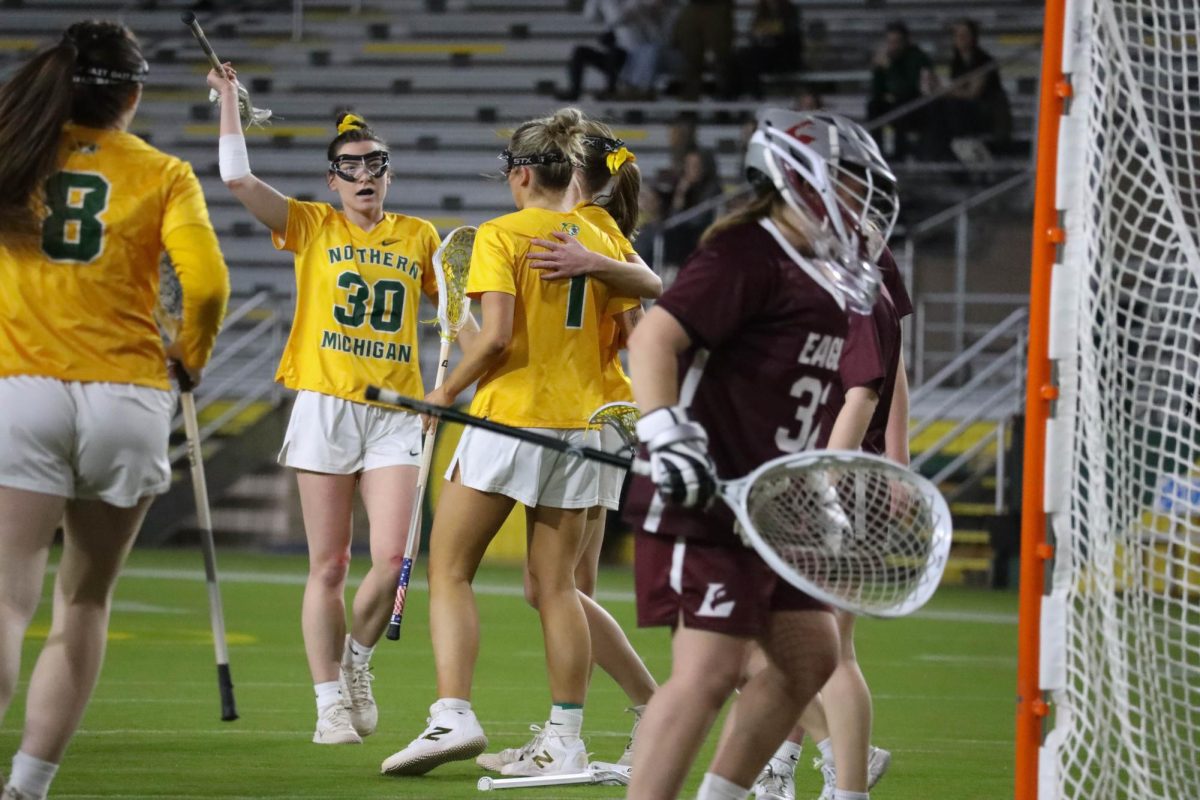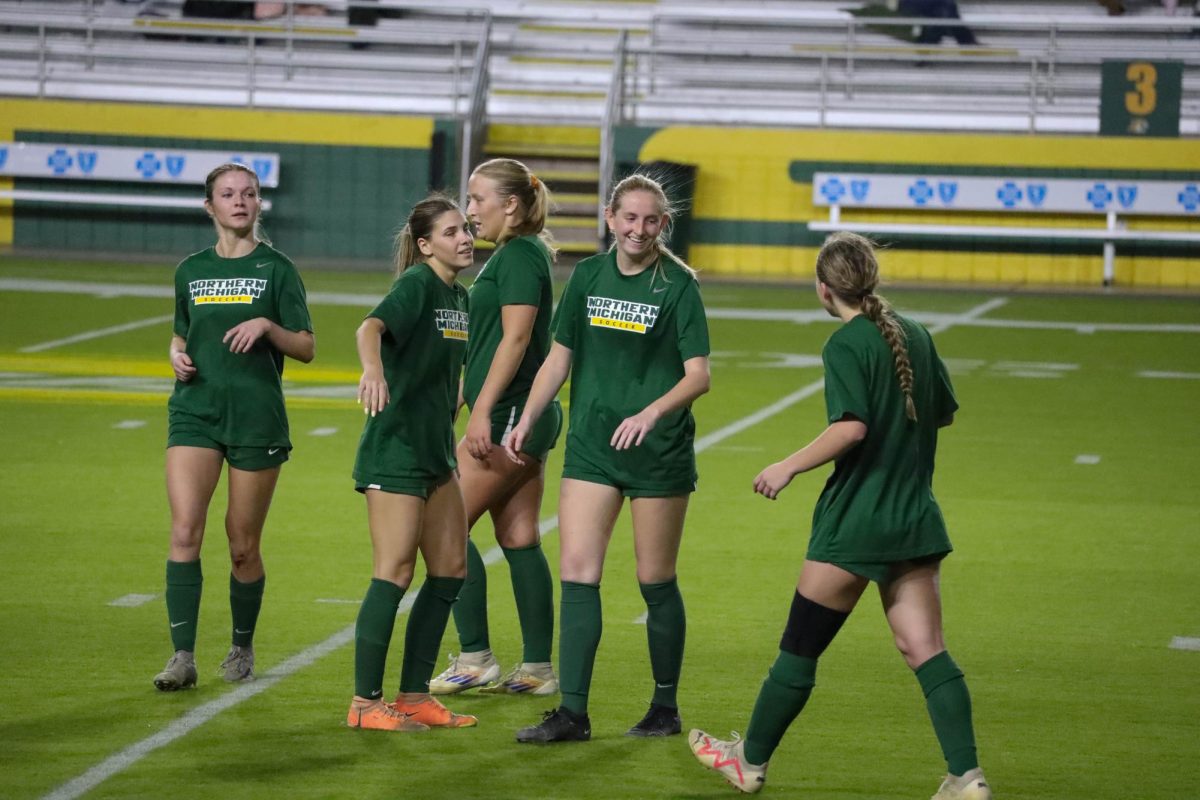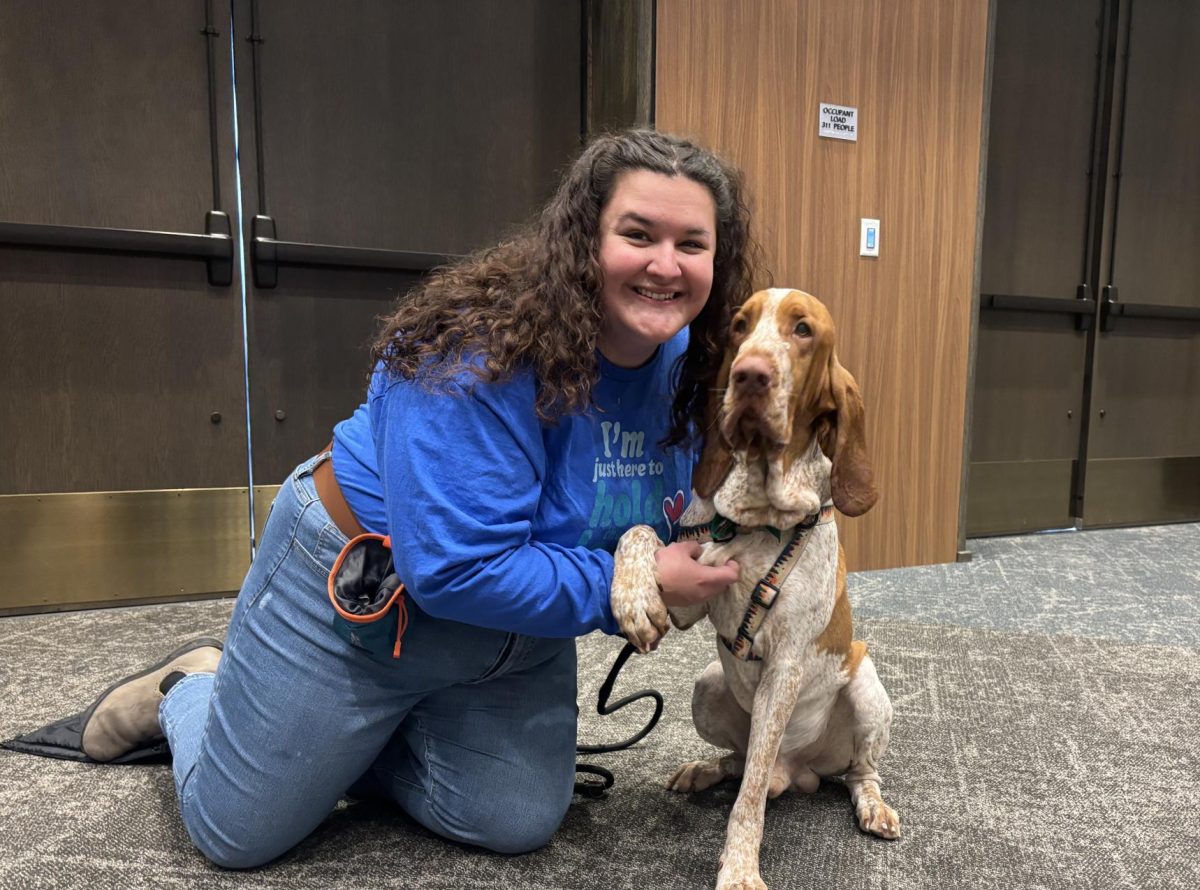New Zealand men and women in traditional Maori clothing with feathers weaved into their hair and designs painted on their faces will take the stage in the Forest Roberts Theatre. During their time here they will tell stories of their indigenous culture through dance and music.
The performance will showcase New Zealand’s native culture in a collaboration of customary dance and martial arts set to tribal music and chants.
Humor and audience participation keep the viewers involved as the Kahurangi teach them about Maori culture.
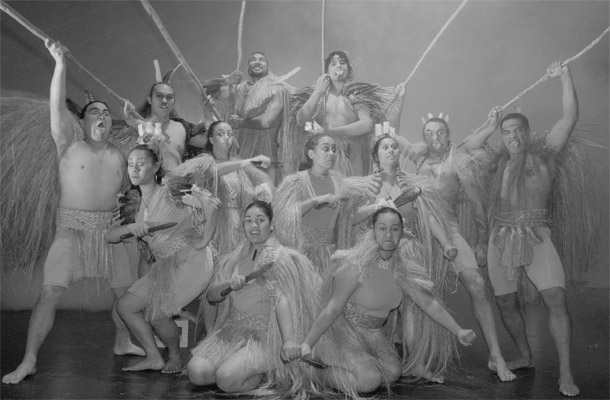
“There’s a lot of humor in their performance, and yet it’s very spiritual,” said Dan Truckey, director of the Beaumier Heritage Center.
What makes the Kahurangi unique is that it is New Zealand’s only Maori Dance Theatre to have maintained a steady touring presence in North America over the past several years. They have also toured through Australia, Malaysia, China, India and Singapore.
It is this reason that fueled the committee that chooses which groups come to NMU to select the Kahurangi, Truckey said.
“We try to look for very interesting things that are reflecting different cultures, so we thought this would be great,” Truckey said.
Through the music and motion components, the Kahurangi teach viewers about their culture.
“Northern students should attend because it’s an opportunity to learn about a culture that they’ve never had much access to,” Truckey said. “It’s a once-in-a-lifetime opportunity to meet these people and see them perform. Whenever we encounter groups like this we see that we’re a lot alike.”
Seidy Naera, Kahurangi tour manager and performer, used Marquette as an example of the similarities between cultures and their members.
“We’ve covered a lot of the states, and the people here we find are very friendly. It’s very similar to home,” Naera said.
Throughout the world, human cultures have common and comparable values.
“We share a whole lot of things. We all have them in our cultures and have just given them another name. We have a close link with the Earth and the sky. We all pay homage or pay tribute to the different elements of the Earth,” Naera said.
To make their performance more understandable and relatable for the audience, the Kahurangi take time between each dance to explain the meanings and associated stories.
They also modify each show to the age of the audience, dancing for groups as young as elementary school students and as old as senior citizens. This contributes to the authenticity of each performance, Naera said.
Kahurangi most often present their cultural dancing, demonstrations, lectures and workshops at festivals, conferences and schools. Schools make up about two-thirds of the places they tour.
Although no single performance is the same, the typical show is based on the cultural dancing.
“We are Polynesian people; of course the one thing that we all do is sing and dance at the same time,” Naera said.
Audience members have the opportunity to participate in the show and attempt to master the body language, facial expressions, hand actions and dance actions of the Kahurangi.
“[Performances] are very interactive. They learn one of the songs and can try learning some of the cultural dancing,” Naera said.
As a Kahurangi performer, Naera said that has a different perspective on any show she attends from seeing beyond the story line to paying attention to the sets.
The Kahurangi consist of graduates from Takitimu Performing Arts School, which offers an undergraduate program and degree in Maori Performing Arts. Performers are brought to North America to tour for an entire year to provide them with artistic experience.
Lance Waapu is a Kahurangi performer who shares many insights with Naera.
“The thing I like most [about performing] is that I get to show my culture to others and with implements we show them the actions,” Waapu said.
The Kahurangi Maori Dance Theatre will perform at the Forest Roberts Theatre on Thursday, March 11 at 7:30 p.m. If purchased in advance, tickets cost $5 for students; $13 for senior citizens, NMU faculty and staff, and $18 for the public. Tickets purchased at the door cost $6 for students; $15 for faculty, staff, and senior citizens. $20 for the public.



